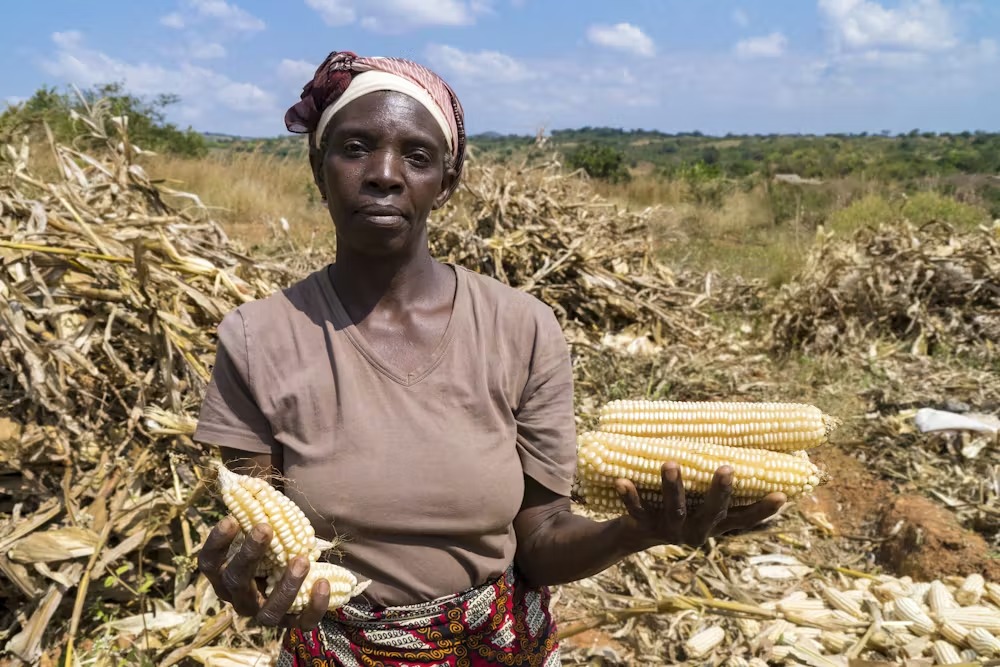For many farmers, harvest is the happiest time of the season. But it can also be the most frustrating. You’ve worked hard and invested time and money, yet after selling your crops, you realize the money isn’t enough. This happens more often than you think, and the reasons are not always bad farming. Many times, the loss comes after the harvest.
The good news is with a few changes, you can protect your effort and increase your income. Here’s how.
1. Protect Your Crops with Better Storage
Poor storage is one of the biggest silent thieves of farm profit. Grain gets eaten by weevils, cassava spoils, and tomatoes rot. By the time you take them to market, you’ve lost a good portion.
What you can do:
* Dry grains properly before bagging.
* Raise bags off the ground with wood or stones to avoid dampness.
* Use improved storage bags or silos if you can afford them. Even simple practices like sealing bags tightly or keeping stores clean can save you a lot.
2. Avoid Selling in a Rush
It’s normal to want quick cash at harvest. School fees, debts, and household needs push many farmers to sell everything immediately. Unfortunately, that’s when the market is flooded and prices are lowest.
What you can do:
* Sell a small portion immediately for urgent needs.
* Keep the rest in storage and sell later when prices rise.
* If possible, join farmer cooperatives. Selling in bulk gives you stronger bargaining power.
3. Handle Transport with Care
Sometimes the loss is not in the farm, but on the road. Bags tear, fruits squash, or trucks overload, making the harvest half-spoiled by the time they arrive.
What you can do:
* Use the right packaging (plastic crates for tomatoes instead of raffia baskets).
* Avoid overloading vehicles.
* If hiring transport, remind handlers to treat your produce with care—because every bag is money.
4. Know Your Market Before You Sell
Many farmers depend on middlemen who dictate prices. Without market information, you might end up selling too cheap.
What you can do:
* Ask fellow farmers about current prices.
* Listen to radio programs or use apps (where available) that share daily market rates.
* Build direct relationships with buyers such as millers, traders, or processors.
Wrapping up,
Farming is not just about planting and harvesting. It’s also about planning what happens next. Think of it this way: your farm doesn’t pay you in crops, it pays you in cash from the crops. The more you protect, store, and sell wisely, the more your hard work truly pays off.
Remember, small improvements like better storage patient selling, and careful transport can mean the difference between just surviving and truly earning from your farm.

Leave a Reply